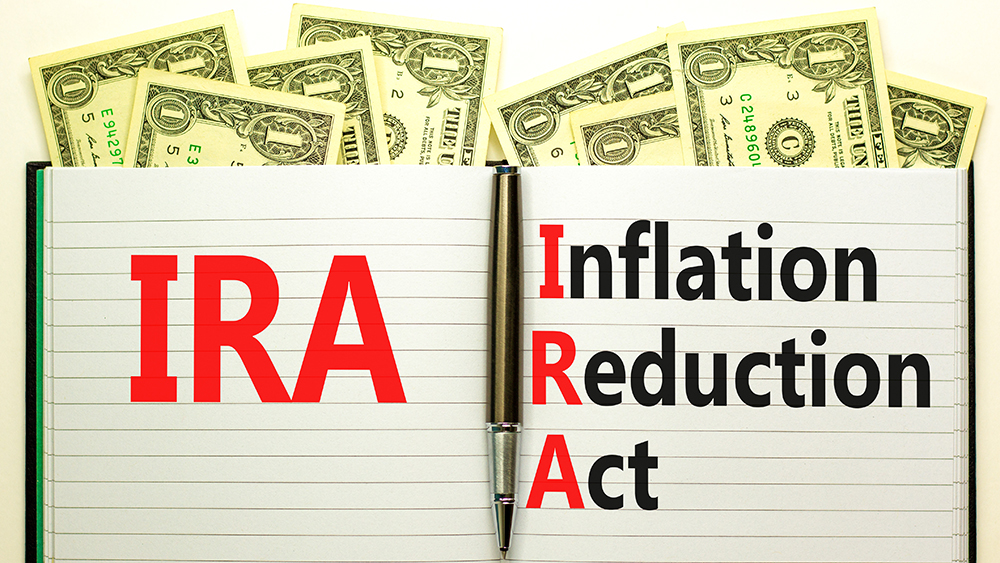- An Alliance For Community Action
- (970) 256-7650
- info@WesternColoradoAlliance.org
IRA funds light up rural electric co-ops
Summer is Rural Electric Co-Op season on the Western Slope!
Rural Electric Coops (RECs) were founded in the 1930s, created to ensure all Americans had access to electricity in their homes and a voice in how that power is generated, transmitted, and allocated to homes in rural America in the spirit of local government control and democratic principles. In Colorado, we have 22 RECs serving nearly 1.5 million member-owners, many of whom live right here in Western Colorado.
RECs are a critical component to how rural communities can thrive, grow, and contribute to greenhouse gas reduction in Colorado, and it is important to know that you likely have a voice in our energy future this summer in your co-op. Each person who lives in a REC service area gets a vote and a voice in REC business meetings and elections, deciding who sits on the board to make energy decisions on your behalf. These decision-makers elected to the boards decide things like where energy is purchased from, how it is generated, how much is generated locally, what grants will be sought and infrastructure projects will be built, how they will work with county and city governments, among many other critical components to energy generation and transmission. These seats are more important today than ever for a host of reasons, so let’s look at a few.
In early June, member-owners in Delta Montrose Electric Association (DMEA) had the chance to vote on three seats and chose to return all three incumbents (Damon Lockhart, Enno Huescher, and Stacia Cannon) to the board to continue representing them and their energy future. DMEA has been a true model of a REC, being one of the only RECs to keep energy rates the same in a time when every other co-op and major generation and transmission (G&T) company saw rate hikes, and increased energy prices last winter, some as high as 400%. DMEA was able to accomplish this through a forward-thinking plan to produce more local energy, seeking to get up to 20% of their energy from solar farms across Delta and Montrose counties. This gave DMEA more freedom from national energy rate increases but also has advanced DMEA as one of the leaders in reducing greenhouse gas emissions and decreased reliance on gas/oil/coal as an energy source in a community that has traditionally been a fossil fuel producer. DMEA has also created Elevate, a broadband internet service that will shortly expand to reach every person in DMEA service territory increasing the ability for local businesses to compete.
Our opportunities through RECs have never been greater, especially since the passage of the Inflation Reduction Act (IRA) by the Biden Administration in August of 2022. The IRA is the single largest clean and renewable energy bill ever passed in the United States, allocating billions of dollars to rural local governments, cities, and, most especially, RECs. There are four main programs through which RECs can access this money: New ERA (Empowering Rural America), Rural Energy for America Program (REAP), Direct Pay Tax Credits, and Powering Affordable Clean Energy (PACE). Each of these programs offers a different means of paying for projects, and each project must be aimed at reducing or eliminating greenhouse gas emissions.
New ERA offers $9.7 billion worth of grants, covering up to 25% of a project’s cost up to $970 million, REAP offers grants covering between 25-50% of a project’s cost, Direct Pay Tax Credits can cover 30% of a project cost but can be stacked with additional 10% project cost reduction depending on who it aims to provide energy for (tribal nations, low-income communities, etc.), and PACE offers $1 billion for loans that are forgivable for between 20-60% of the project cost.
This unprecedented investment in American clean energy is an opportunity for rural communities to not only expand but vastly increase their local energy production and move us towards a real clean energy future. But it is only an opportunity if our RECs seek the funding.
The first deadline for RECs to submit an application for IRA funding is fast approaching. RECs must submit their letters of inquiry to seek funding through New ERA by September 15, with deadlines for other IRA programs coming this fall. This is truly a once-in-a-lifetime chance being offered by the Federal Government to support local, rural communities in making the clean energy transition and we must encourage our Rural Electric Co-ops to be proactive in this with an eye to the future.
Please reach out to your REC board and encourage them to submit their letter of inquiry by August 31, 2023. You can find more information on the IRA programs at ruralpower.us, and find the service area and contact information for your board members at crea.coop/co-op-map-of-colorado.
Tyler grew up in Grand Junction, graduating from Fruita Monument High School and attending Colorado Mesa University where he graduated in 2016. Since then, Tyler has spent the last six years working on political campaigns of all types from city council and school board up to presidential campaigns at the state level. Tyler is passionate about issues including conservation, energy, and responsible growth of the Western Slope.


